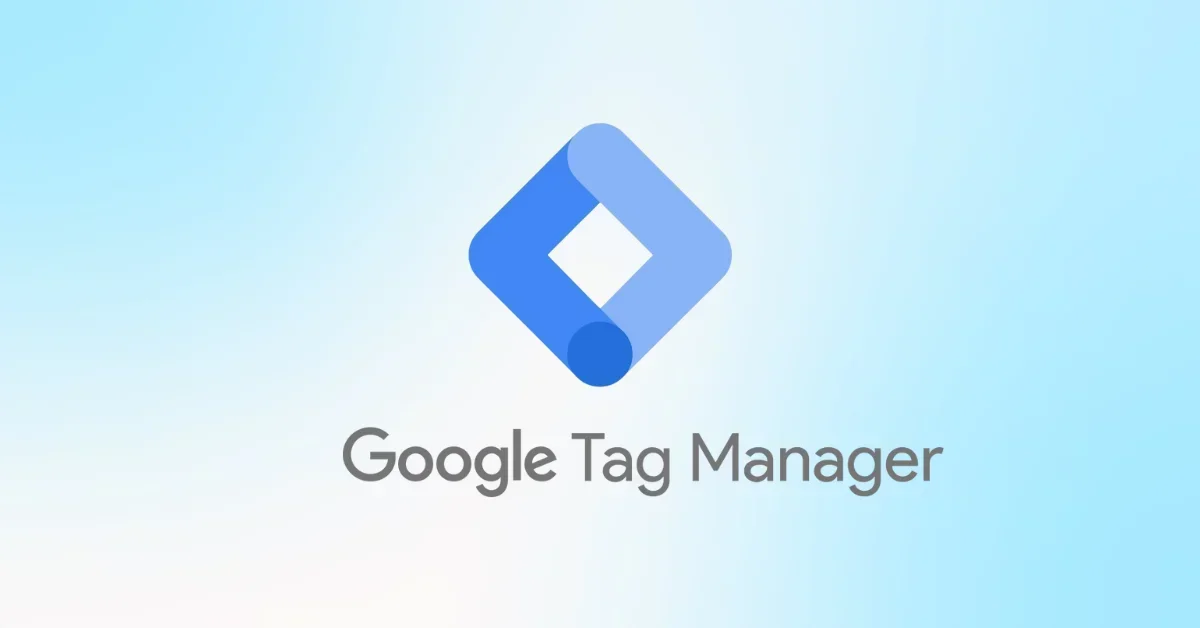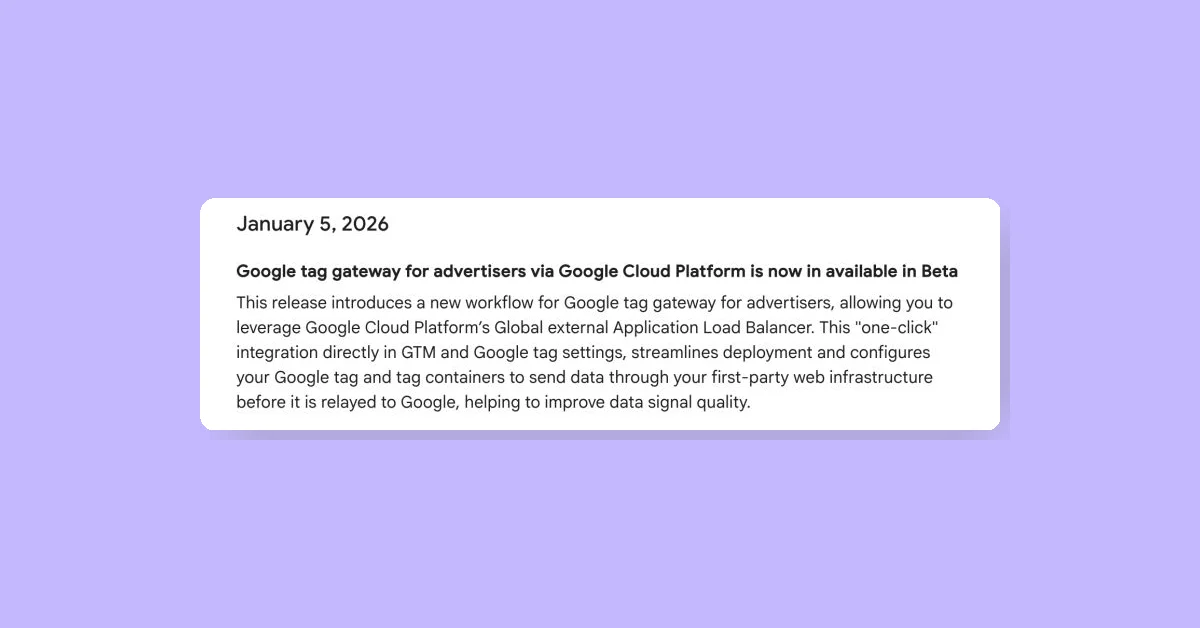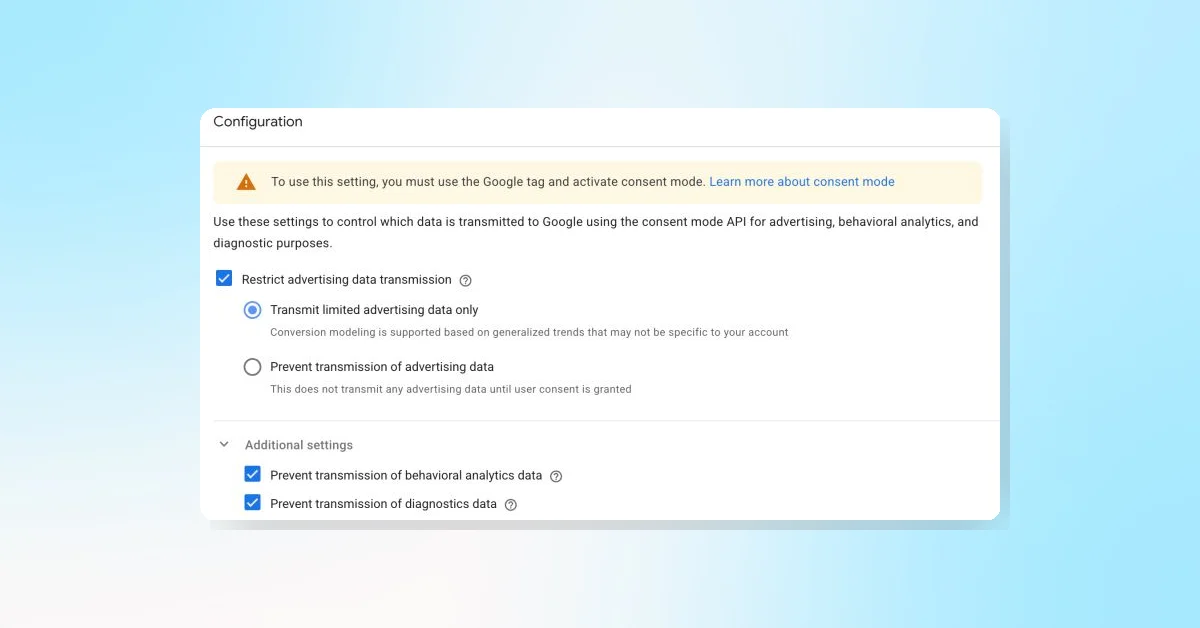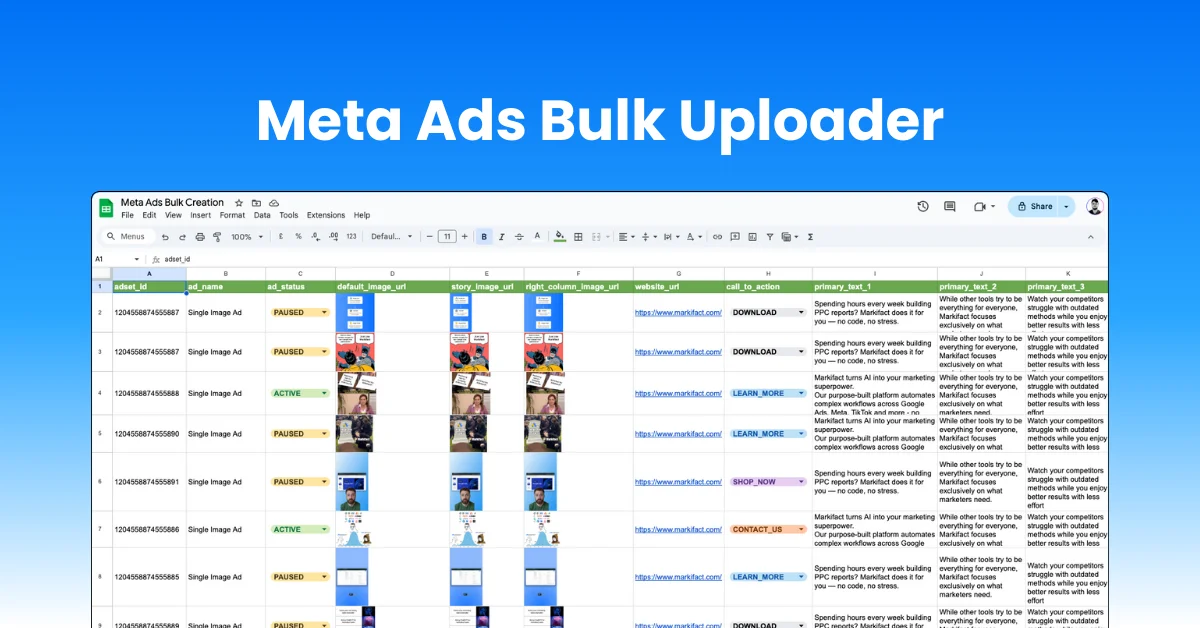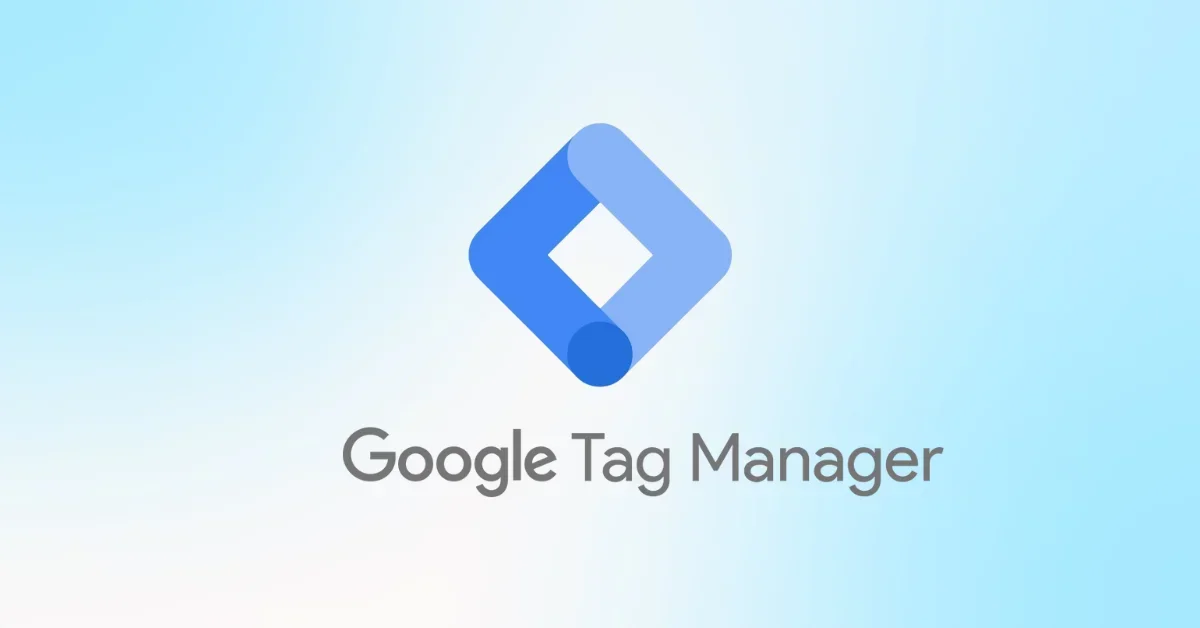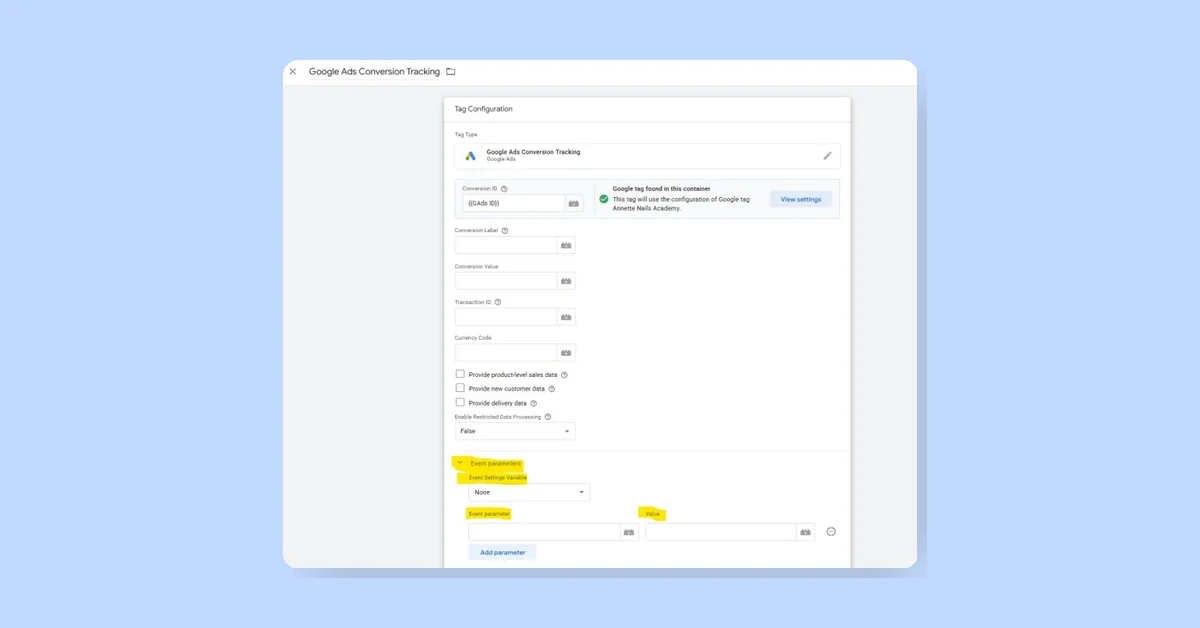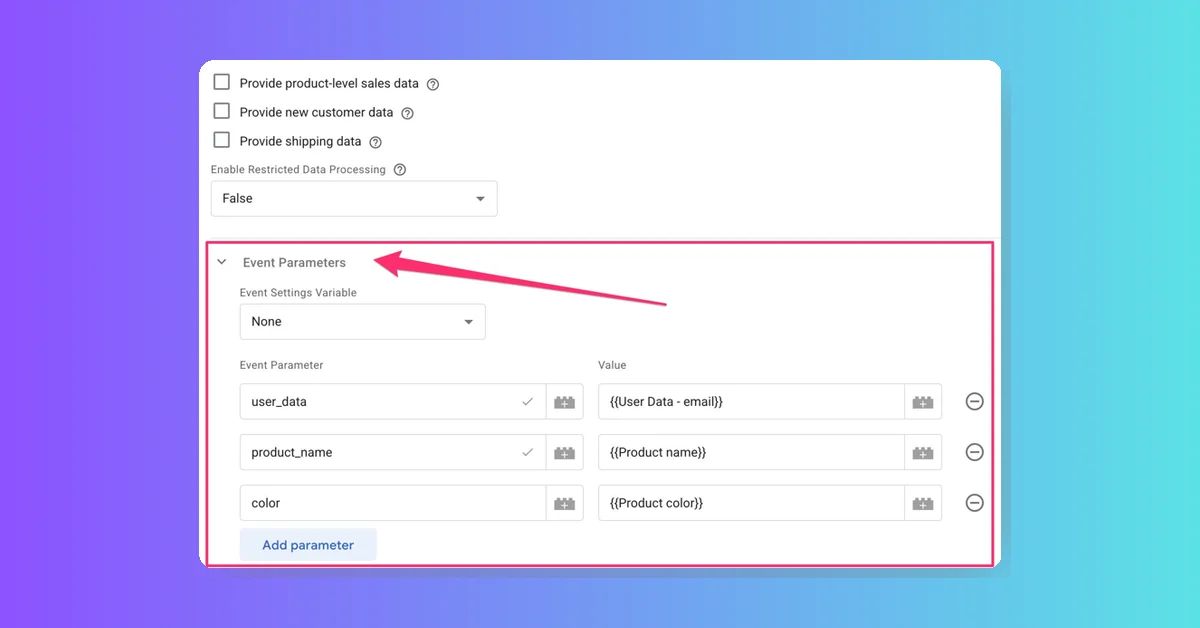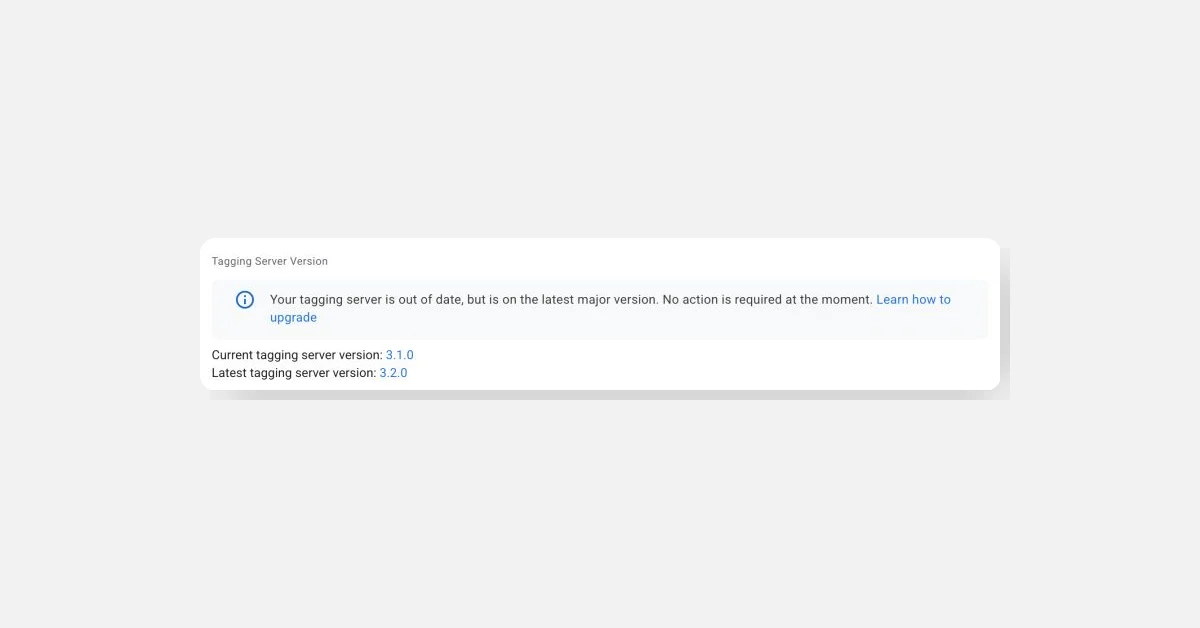Google Marketing Solutions has introduced sGTM Pantheon, an open-source tool designed to enhance server-side Google Tag Manager (sGTM) capabilities. This tool helps businesses effectively gather, transform, and share first-party data, improving reporting, bidding, audience management, and data pipelines.
Key Features and Use Cases
sGTM Pantheon offers various solutions categorized into two main functions: gathering data and sending data. These solutions can be combined flexibly to meet different business needs.
These solutions retrieve data from external sources via API calls, which are not available in the website dataLayer or event data sent from client-side tags.
- Soteria: Sums metrics stored in Firestore for sensitive values like profit. Named after the goddess of safety.
- Phoebe: Accesses a model in Vertex AI for LTV bidding and lead scoring. Named after the goddess of prediction.
- Artemis: Retrieves customer data from Firestore for advanced metrics and real-time personalization. Named after the goddess of the hunt.
- Apollo: Gets data from Google Sheets in real-time for lead scoring. Named after the Greek god of knowledge.
- Cerberus: Integrates reCAPTCHA to filter bot-generated events and improve data models. Named after the multi-headed dog guarding the Underworld.
- Dioscuri: Uses real-time data to get responses from Gemini APIs. Named after the Greek name for Gemini.
Sending Data
These solutions allow data to be sent from sGTM to other destinations.
- Hephaestus: Writes data to Firestore for advanced bidding and audience analytics. Named after the god of fire.
- Chaos: Writes data to BigQuery for advanced analytics and data recovery. Named after the infinite void filled by the world.
- Deipneus: Writes data to first-party cookies for real-time web personalization. Named after the Greek god of food.
- Hermes: Sends data to Pub/Sub to trigger other processes. Named after the messenger god.
Combining Solutions
The solutions use sGTM tag and variable templates, allowing for flexible and extendable combinations. For example, data from Artemis and Cerberus can be used as inputs for Phoebe, which can then call a lead scoring model in Vertex AI. The resulting score can be sent to advertising platforms and stored in Firestore and/or BigQuery using Hephaestus and Chaos.
For more details, please visit the Github repository.


